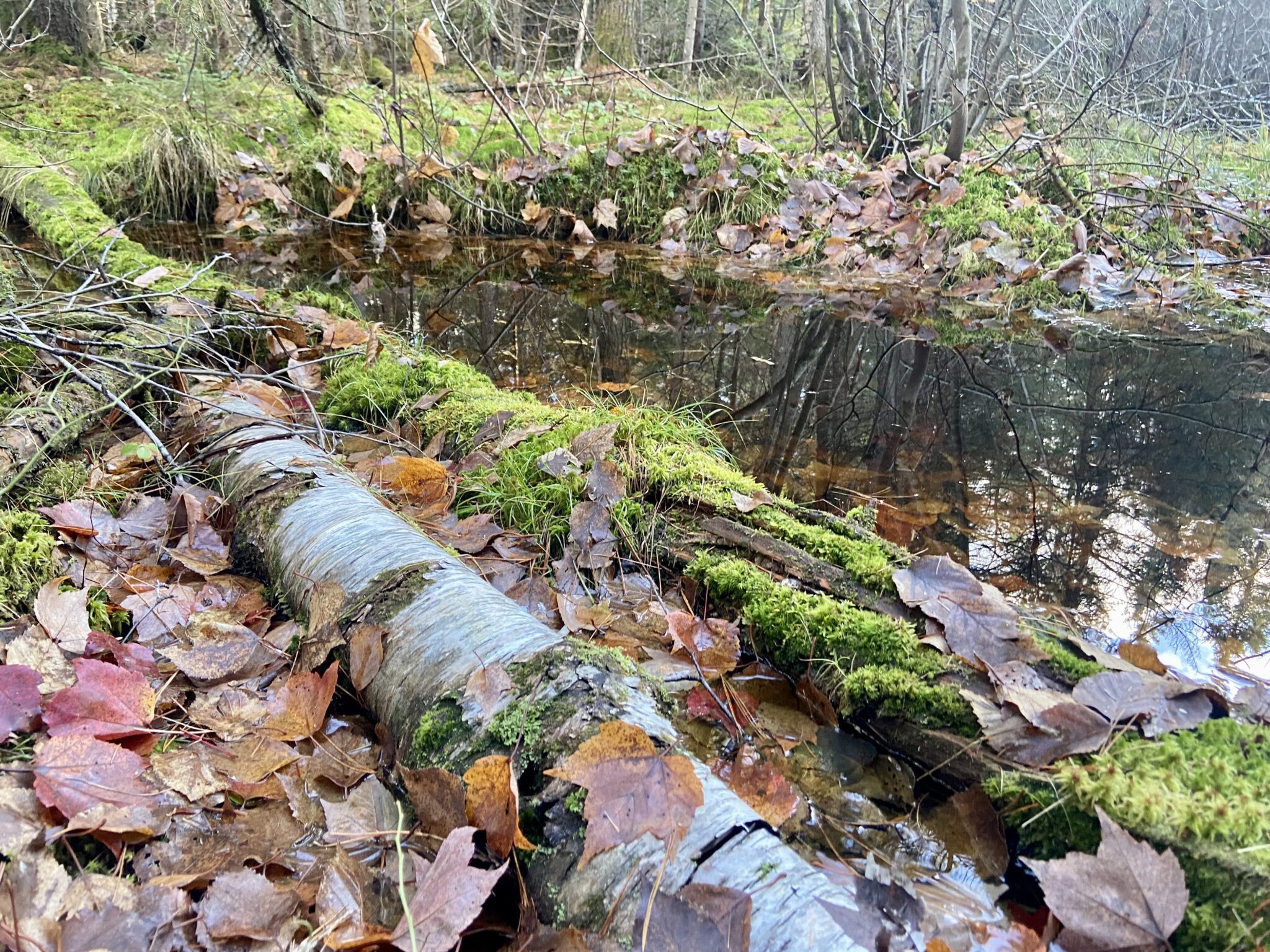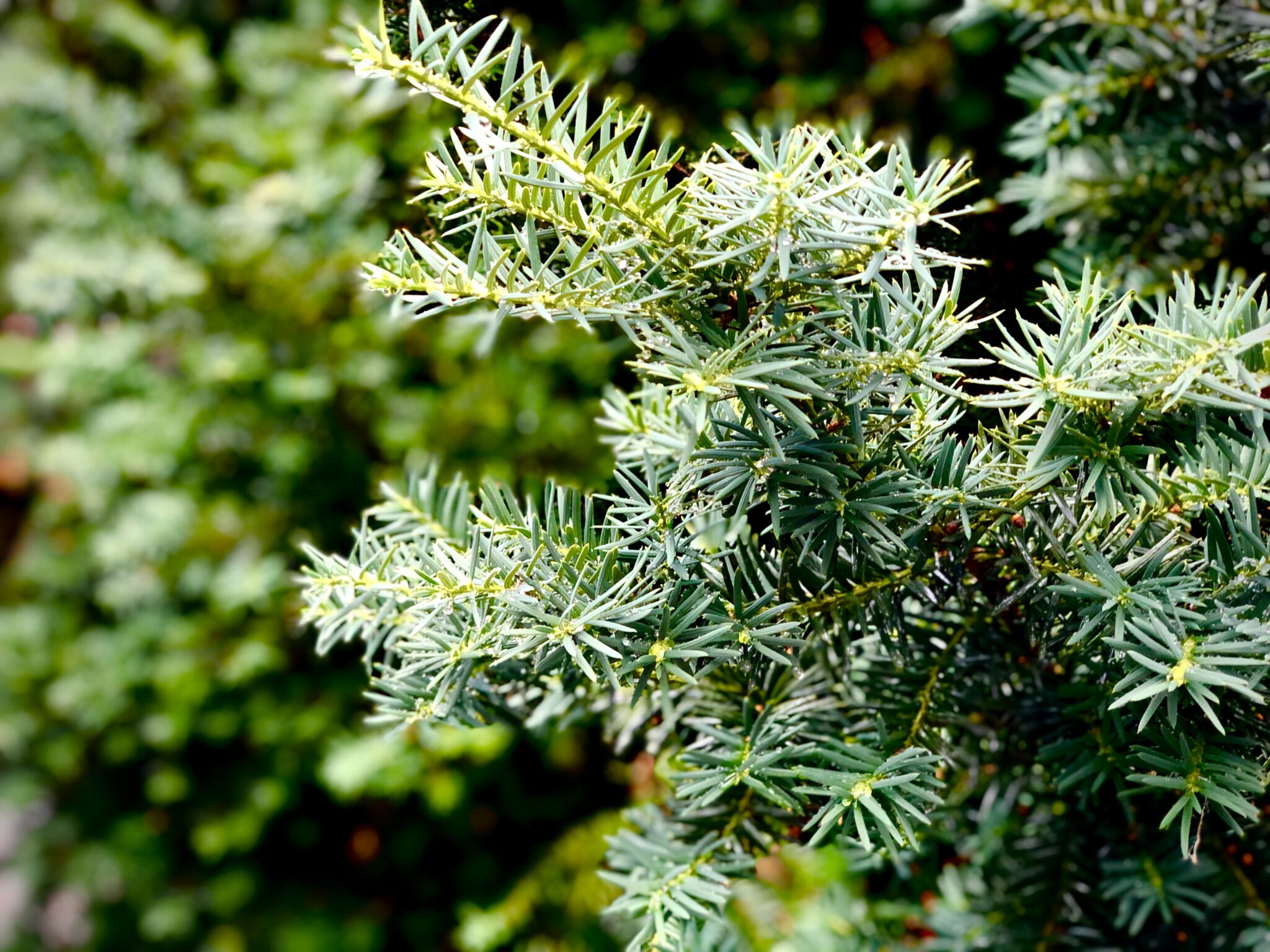Posts Tagged ‘death of a parent’
Jessica’s Reflections as an Adult Grieving Child
By Jessica Milette, MSW, RSW
November is considered Bereavement Awareness Month, and this year November 16 commemorates Children’s Grief Awareness Day. 1 in 14 children in Canada will experience the death of a parent or sibling by age 18.
The first funeral I attended was at the age of 7 when my Nana, or paternal grandmother died. My family buried my maternal grandfather 7 years later after he experienced a stroke when I was 14 and my mother was still in treatment for cancer. 13 months later, I would be burying my mom at age 15 after dying of cancer. She was 49. We would be gathering again less than two months later to bury my godmother and aunt who died suddenly and unexpectedly. Every time I felt like I had found footing on the shores of my grief, another loss would crash over me like a wave, dragging me out to a sea of unknown.
Navigating puberty can be an exciting and challenging transition in our life that also can have us feeling grief from non-death losses as we figure out who we are becoming. Not only was I trying to make sense of hormones and changes during this time of life, but my mom – the person who I would have gone to for support was no longer a phone call or hug away. Parents or trusted adults are people children often turn to for support, but my circle of trusted adults was shrinking. My peers were focused on what to wear on civvies day (a day where we didn’t have to wear a uniform), while I was focused on just surviving.
I felt so alone in my grief, although my twin, younger brother, dad, and other relatives in my life were also grieving. Friends would try to show up for me, sometimes it didn’t land well. There are friends who had never been to a funeral that walked with me in the depths of my grief who still hold a special place in my heart and life. I felt like I was in a sea of students in the hall between class with a flashing neon sign that read “Human with all the dead people in their life”. At times I could tell how awkward both peers and adults in my life were when approaching me – what do you tell someone when you’ve never experienced a death? And the person who is grieving can’t even legally drive a car!
There was no right or wrong way for me to grieve, but I had to find my own way to grieve. Sometimes they were helpful, and other times the things I did I thought helped me with my grief were not so helpful.
I am fortunate that despite the not-so-careful caring people in my life that made me feel invalidated, I had many caring adults in my life who let me know that grief is natural, and let me share stories of my loved ones. Within the first year of our loss, each of my siblings, my father, and I attended a grief support group. Walking into my first group was both scary and exciting: other teens like me?! The peer volunteer who co-ran these groups was actually someone I knew personally, but had no idea that they had been touched by death too.
I felt deep sadness, guilt, and anger in that group. I also felt deep connection, joy, and even laughter. We got to talk about our sibling, parent, or other close person in our life we were grieving. Talking about grief didn’t make me feel more alone, or worse, it made me feel LESS alone. That we all grieve what we are connected to. That’s it’s okay to not be okay. That sharing our stories of our person and our pain can be healing when we have the right kind of listener in our corner. And that we never have to walk alone at any age or stage of our grief.
The First Fathers’ Day Without Dad
By Richard D. Quodomine
When you lose a person in the generation before you, you begin to think about what they meant to you. When you lose a parent, you think about all they meant, and you hoped you either lived up to the best of yourself, or in some cases where the parenting was not as instructive or kind, you hope you’ve raised yourself beyond difficult circumstances. If you’re fortunate, Dad pushes every endeavor and delights in your successes and constructively scolds you when you fail without ever making you feel embarrassed or willfully stupid – unless of course, you were actually willfully stupid.
Did we have our differences? Absolutely. My father was more conservative than I am politically, though he rejected hateful politics and would not vote for it. We come from a mixed religious family, and my father was Christian, I am Jewish. We had philosophical differences and we approached life differently. But we also valued accomplishment, kindness for its own sake, and service in the public good. He is part of the reason I have chosen a career in civil service. I believe government can and should serve at the behest of its citizenry, and while he mistrusted government intrinsically, he had respect for my approach in working for it.
As part of my research in the public interest, I went to India for a conference. While en route, somewhere between Zurich and Delhi, my Dad suddenly passed from a cardiac arrest. I couldn’t return home for several days, so I soldiered on without telling anyone at the conference. I figured the way to honor his memory was to do my very best. He was gone – and weeping in my hotel room wasn’t what he would have wanted.
Dad had a heart condition, but he had had corrective surgery and was otherwise in outstanding physical shape for his age. He was my Mom’s primary caregiver. This was especially tragic because she has dementia. Sometimes, I get angry that Dad is gone because the burden is much greater on myself and my family. Sometimes, I am so grateful that he gave me the strength to help care for Mom. Most of the time, even months removed, I’m just missing talking to my Dad.
The first father’s day without Dad is the hardest, or so “they say.” I think that is true, but it’s harder not because I am sad, but because there’s nothing that can replace all that he was. It’s trite to say “he lives in me.” I think it’s better to say “I take what he has given me, and I will grow and make this life my own.” I don’t think anyone should strive to be “just like” their parent. They should strive to be their own authentic selves, using the best of their parent as the cornerstone, not the ceiling. In Judaism, we say “May their memory be for a blessing” as a condolence. Dad’s memory is, for certain, a blessing.
Bryan – Trauma
Bryan – Trauma
Bryan discusses trauma anxiety, support and the loss of his father to gun violence
Mary S – Coping with multiple loss
Mary S – Coping with multiple loss
Mary explains the challenges of dealing with the death of her partner and then her parents
Mary S – My story (long)
Mary S – My story (long)
Mary tells the story of her life with her husband, his death and then the loss of both of her parents
Logan – My story
Logan – My story
Logan talks about the death of his father and bone cancer and how writing music helped
Logan – Advice
Logan – Advice
Logan discusses how its good tp let out your emotions
Logan – Songwriting and grief
Logan – Songwriting and grief
Logan explains how a song about his father helped


